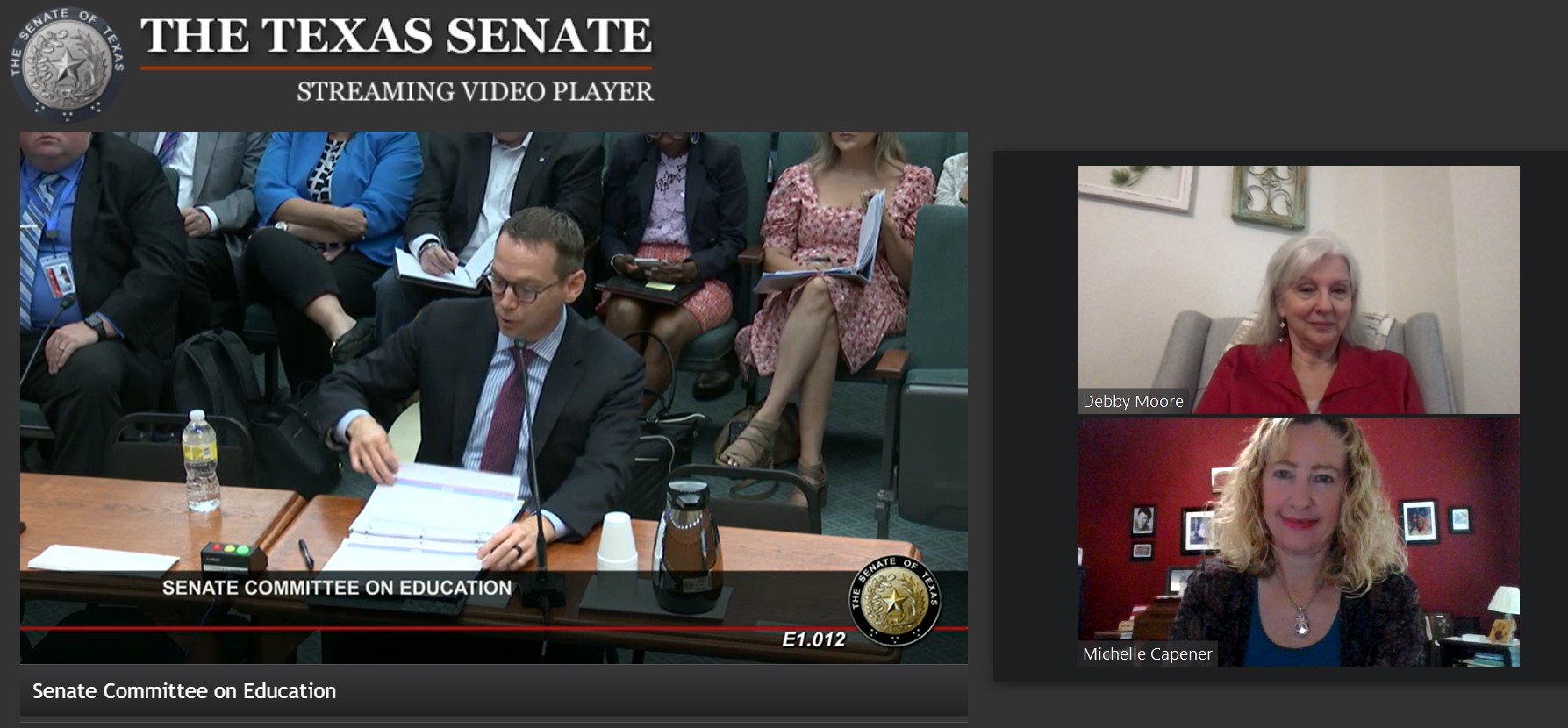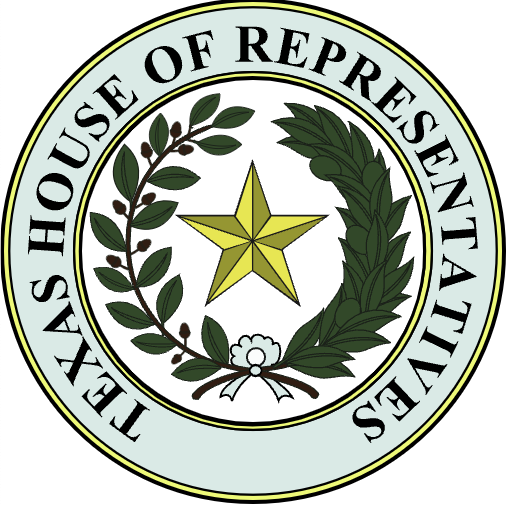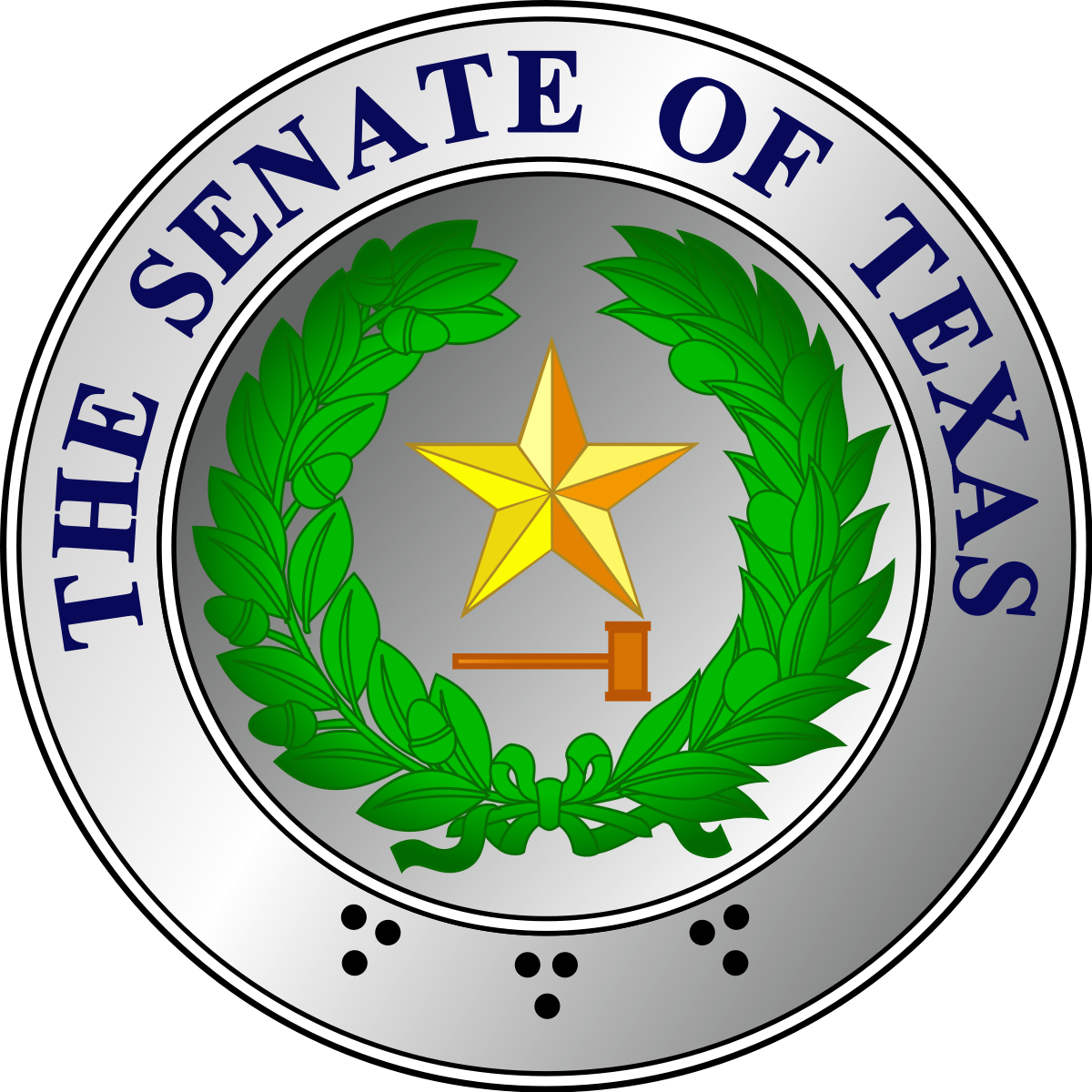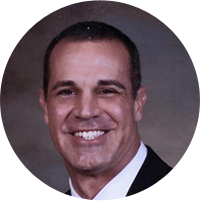
TxSP is gearing up for the 88th legislative session!
Although the 88th legislative session does not officially begin until January 10, 2023, TxSP is beginning our work by watching as many senate and house hearings as possible. These hearings provide our team with the information and concerns our representatives are hearing from schools and parents. Additionally, by listening to the comments expressed and questions asked by our representatives, we gain some insight into their thinking going into the session. We listened to hours and hours of testimonies to provide you with this brief summary in our newsletter. We will keep you posted!

Summary for Information in the Hearings for the House
The Texas House of Representatives heard lengthy testimonies regarding the need for increased student mental health support. Individuals mentioned that as a result of COVID, many students had experienced grief, economic instability, and isolation leading to higher rates of suicidal ideation, self-harm, and depression/anxiety. In light of the school shooting in Uvalde, TX, while the hearing was occurring, we found this a timely topic.
There was also discussion regarding school counselors and the implementation of the Texas Comprehensive School Counseling Model. Specific topics included lowering the student-to-counselor ratios and enforcing the laws that had been passed in the last two legislative sessions regarding the use of counselor time. It is now a requirement that counselors spend a minimum of 80% of their time on counseling and no more than 20% on non-counseling duties. There were questions by the representatives regarding how counseling services could be increased, differences between academic and mental health counseling, support provided to teachers, and pay scale questions (i.e., school counselors, LSSPs, social workers, etc.). The issue was raised about the possibility of these school positions not paying what could be made in the private sector. Discussion included using ESSER funds for mental health supports.
There was a discussion highlighting partnerships with outside agencies to assist in addressing student mental health concerns. Communities In Schools and T-CHAT teletherapy were specifically mentioned.
Commissioner Morath testified in the afternoon and shared information on HB 3 and 4545 similar to the morning session with the Senate. Additional testimony by others that afternoon included school personnel cautioning using the STAAR results as the only form of data to determine the effectiveness of closing gaps in student learning.

Summary for Information in the Hearings for the Senate
Commissioner Morath spent about three hours testifying and answering questions regarding HB 3, 4545, and the "clean-up" bill. Discussions included the challenges faced by many districts such as finding tutors, losing instruction time to make room for tutoring during the day vs. scheduling tutoring before/after school and on weekends, and the continuation of financial support.
Superintendents testified that through the Schools of Innovation, various systems were put in place to address closing the gaps and being able to recruit, hire, and train teachers. Additional strategies mentioned included addressing the shortages through various partnerships as well as the development of in-house teacher certification programs. UTEP discussed changes they are putting in place to increase the rigor in their teacher preparation program and to greatly increase the time students are in the classrooms (i.e., two years).
There was a board member, district representatives, and a private vendor who discussed the problems that have been raised regarding the verbiage that is now required to be placed on a ballot for bond elections. Since the change in the law, 40% of bond elections have not passed. The request was made to modify the language in the upcoming session.










